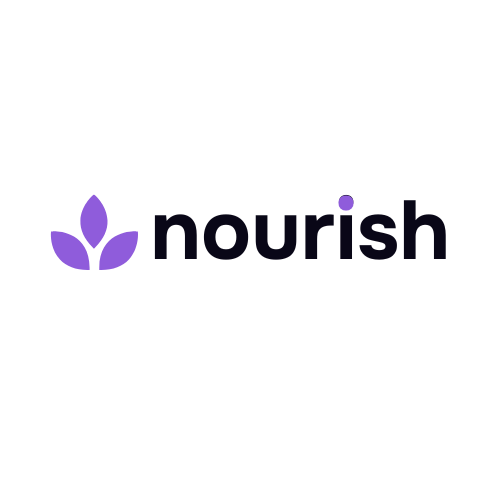Juice Cleanses: Health Hack or Hype?
- Eden Pardau
- Mar 10, 2025
- 3 min read

Just the other day, I was strolling around the local mall when I stumbled across a store in the food court called Pressed Juicery. Simply looking at the menu, my mouth was watering. There was an array of acai bowls to choose from as well as an endless amount of cold-pressed fruit and vegetable juices. When the time came to order, I decided to go with an acai bowl that came with fresh fruit on top; I was so excited! As I skimmed the menu some more though, I noticed "juice cleanses" as a category. "What's that?" I pondered.
Me being my curious self, I took a deeper look into what juice cleanses are, how they work, and if they actually have any meaningful health benefits. Here's what I found:
What Is a Juice Cleanse?
A juice cleanse is a type of diet where a person only consumes fruit and vegetable juices for a certain period—usually anywhere from one to seven days. The idea is that by cutting out solid food and only drinking nutrient-dense juices, your body can "reset" and detoxify itself. Sounds pretty healthy, right? Well, not so fast.
The Science Behind Juice Cleanses
Juice cleanses promise a lot—boosting energy, clearing up skin, helping with weight loss, and "detoxing" the body. But do they actually live up to the hype?
🔬 Your Body Already Detoxes Itself
One of the biggest claims of juice cleanses is that they help remove toxins from your body. But in reality, your liver and kidneys already do this for you—24/7! These organs filter out harmful substances and waste, keeping your system clean and balanced without needing a special diet. So, despite what juice cleanse ads might say, your body doesn’t need an expensive liquid-only diet to detox.
🥦 Nutrients: The Good and the Bad
Fresh fruit and veggie juices are packed with vitamins, minerals, and antioxidants, which are great for overall health. However, juicing removes most of the fiber found in whole fruits and vegetables. Fiber is super important for digestion, keeping you full, and supporting gut health. Without it, your body digests the sugars from juice quickly, leading to spikes (and crashes) in blood sugar levels. For teens who need steady energy for school, sports, and activities, this can lead to feeling tired and sluggish instead of energized.
🍎 Short-Term Weight Loss vs. Long-Term Health
Some people turn to juice cleanses to lose weight quickly, but most of this weight loss is just water weight—not fat. Once you go back to eating normally, the weight usually comes right back. Plus, since juice cleanses are low in protein and healthy fats, doing them for too long can actually cause muscle loss and slow down your metabolism.
Should Teens Try Juice Cleanses?
For growing teens, balanced nutrition is key. Your body needs a mix of protein, carbs, healthy fats, fiber, vitamins, and minerals to function at its best. While having fresh juices as part of a healthy diet is totally fine, replacing meals with only juice isn’t ideal—especially during such a critical time for growth and development.
Instead of juice cleanses, a better way to "reset" your body is to focus on eating whole, nutrient-rich foods like fruits, veggies, whole grains, lean proteins, and healthy fats. Drinking plenty of water and getting enough sleep will do more for your skin, energy levels, and overall health than any short-term juice cleanse ever could!
Juice cleanses may sound like a quick health fix, but the truth is, they’re not necessary for detoxing or long-term well-being. While juices can be a delicious and nutritious addition to your diet, they shouldn’t replace balanced meals—especially for teens who need fuel for their busy lives.
So, next time you’re at a juice bar, go ahead and enjoy a refreshing green juice or acai bowl—but know that your body is already doing an amazing job at keeping itself healthy!




Comments